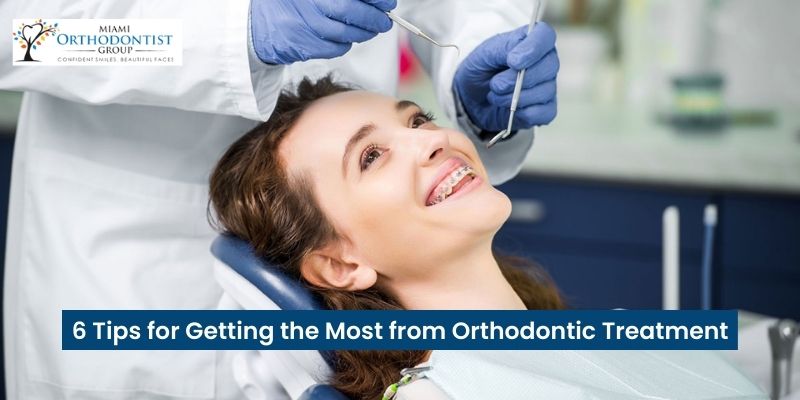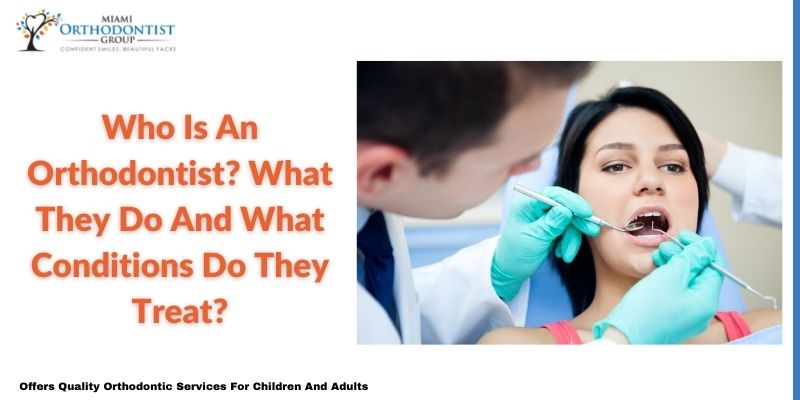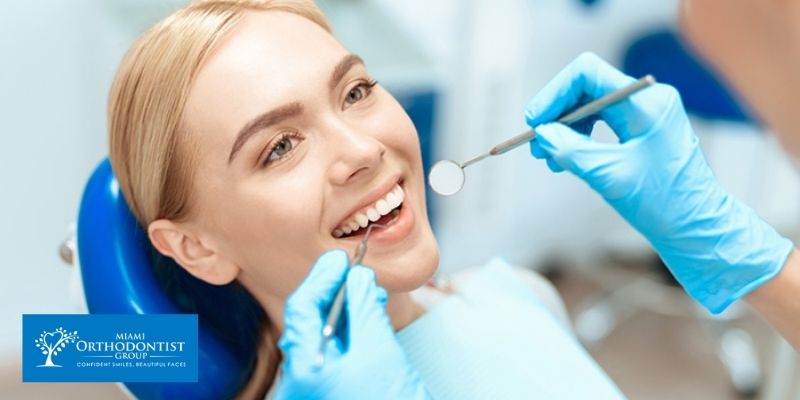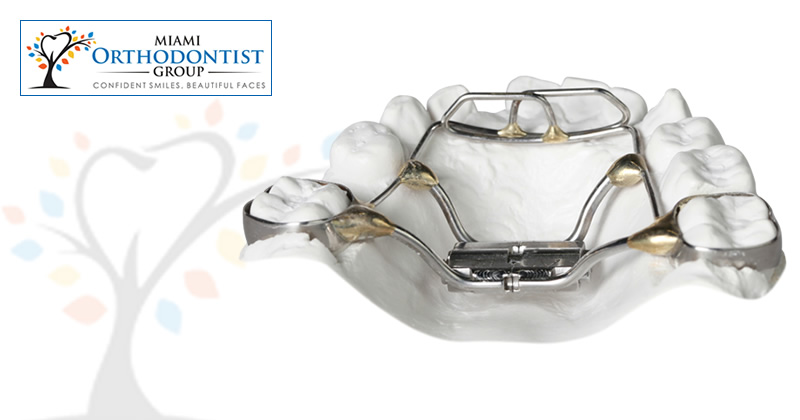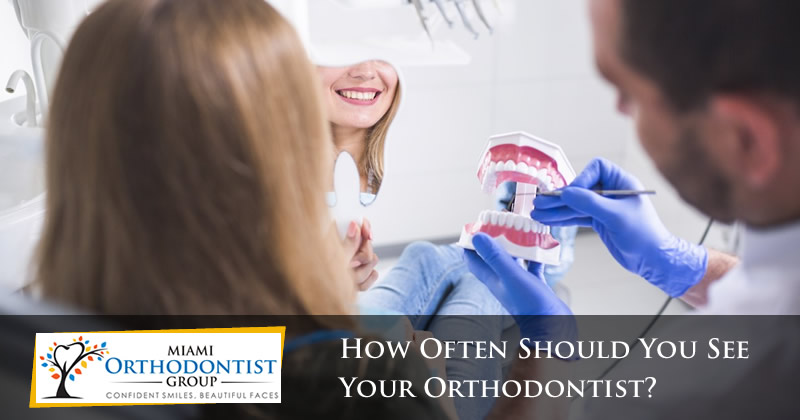Navigating the first week with braces can be challenging as your mouth adjusts to the new removable orthodontic appliances. Understanding how to manage pain effectively during this crucial period can significantly affect your comfort and overall experience.
In today's world, where aesthetics and convenience are paramount, Invisalign has emerged as a popular choice for orthodontic treatment. Unlike traditional braces, Invisalign offers a clear, nearly invisible alternative to straightening teeth, making it particularly appealing for adults and teens who are conscious of their appearance.
Millions of people worldwide suffer from the common sleep disease known as obstructive sleep apnea (OSA). It is caused by the obstruction or narrowing of the upper airway, which results in snoring and irregular breathing while you sleep. OSA can harm health, including a higher risk of diabetes, heart disease, and stroke. Orthognathic surgery, which …
Continue reading "How Can Orthognathic Surgery Treat Sleep Apnea?"
From childhood, you would have been familiar with the standard order of brushing your teeth twice daily, visiting the dentist for an oral checkup, and practicing daily flossing.
Everyone deserves to smile confidently, no matter who they are or what phase they are in. So, when you decide to improve your smile, know that you have just made the best investment that will also boost your general health.
With the advancement in the world of medical science, today you get treatment for varied oral health concerns. Since a long time ago, teeth misalignment has been one of the most crucial dental issues. Misaligned teeth cause various health issues. You find it hard to chew the food properly. It links to digestive health and …
Continue reading "6 Tips for Getting the Most from Orthodontic Treatment"
Millions of people suffer from mild and severe dental problems. When you come across dental issues, whom will you consult? A dentist or an orthodontist! We often get confused while reaching out to the dental professional. Everyone is well versed in the roles of dentists and how they can help you.
Laughter, they say, is the best medicine. Smiling has a way of easing stress and making you feel a little bit relaxed from tension.
What are the uses of Orthodontic Appliances? Are they useful with anyone? How did you know if this helpful especially to children? As early as 7 – 9 years of age, kids must get a specialized orthodontic assessment. This is constantly performing by a Best Orthodontist Miami, a dentist who has experienced added training and …
Continue reading "Why Orthodontic Appliances Are Ideal At Any Age"
We all know Orthodontist Surgeon is specialized in diagnosing, preventing and correcting the Teeth Alignment and jaws. No one enjoys visiting the dental practitioner every now and then, but we ought to do that for the sake of our oral health. An Orthodontist is none other than the specialized dentist.







